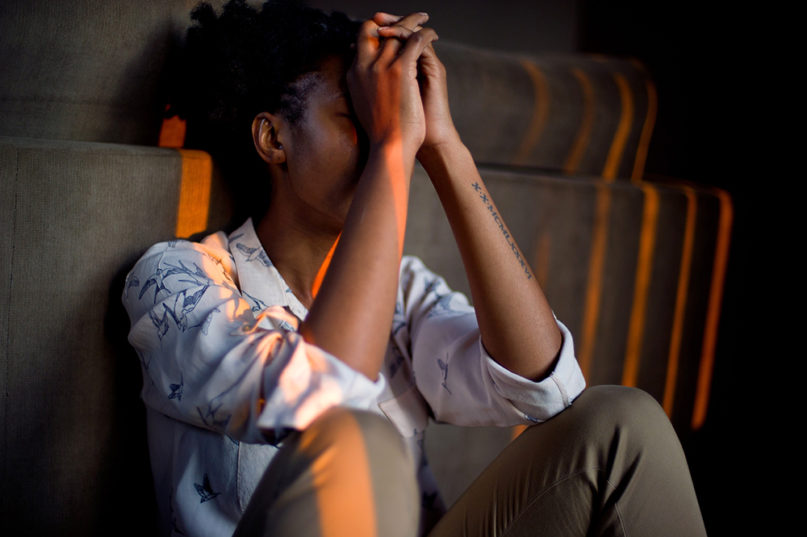(RNS) — On Jan. 8, Cindy Wang Brandt, a podcaster and author of “Parenting Forward: How to Raise Children with Justice, Mercy, and Kindness,” tweeted: “Do not evangelize a child. Do not colonize a child’s spirituality. Do not threaten a child with religious control. Your religion does not have a right to stake claim to a child’s allegiance.”
Predictably, her tweet sparked outrage from (mostly right-wing and mostly white) Christians, while many people who, like me, grew up in what scholars call “high-demand” or “high-control” forms of Christianity, cheered Brandt for courageously defending moral autonomy.
Along the way they told their own stories of the cost of being evangelized as kids. Twitter user @Nick0j0m replied to Brandt, “Yeah my fear of hell and the devil directly influenced a lot of the mental health problems I battle today. It might not be the same for everyone, but I truly would have rather grown up in an atheist family.”
Another user, @JennHolton, replied, “As a kid, Church wanted me to evangelize and did that whole ‘if you don’t do it, they’re going to Hell’ thing. It was worse with my social anxiety — I felt like every time that I didn’t witness, it was directly my fault that they would go to Hell. So there was extra anxiety.”
@SweetGeekling observed simply, “Child abuse wrapped in Jesus is still child abuse.”
RELATED: Teach your children well: Viral tweet sparks debate over passing on faith
Many of these supportive responses to Brandt’s tweet came from “exvangelical” Twitter, an online community in which survivors of Christian fundamentalism have been working to get their voices heard for years, using hashtags like #EmptyThePews, #ExposeChristianSchools, #ChurchToo, #ChristianAltFacts and #RaptureAnxiety.
The urgency of this outpouring is a testament to how little we hear in our national conversation from those who have experienced religious trauma. Even though 1 in 4 Americans is religiously unaffiliated — a group referred to as “nones” — our voices are rarely heard. Many of us grew up in religious homes and believe that the religion we experienced was harmful.
These are people who know what it’s like growing up subjected to (sometimes extreme) corporal punishment, fear-mongering with invocations of hellfire, and indoctrination in fundamentalist ideology through home schooling and Christian schools, all in order to keep us in the fold by any means necessary.
Parents need to know there is another way. As Laura Anderson, a family therapist who co-founded the Religious Trauma Institute with licensed clinical social worker Brian Peck, said about the Twitter thread, “Brandt’s original tweet is not suggesting parents cannot share their preferences and beliefs with their children, (but) rather that parents need to be intentional in helping their child develop autonomy.”
“What I care most about” Brandt told me in an interview about her tweet, “is that people who are children right now do not suffer what I had to suffer. I want them to have the autonomy to make their own choices of faith and values, with input from their families, sure, but also the freedom to explore beyond their immediate families.”
The psychological effects of religious trauma, however, can last well into adulthood. “For adults leaving this type of religious upbringing, it is often more difficult than deciding to believe something different,” Anderson said.
“An individual who has been taught specific actions were sinful and would lead to grave consequences may experience a variety of negative or debilitating psychological and physiological responses for going against a childhood teaching.”
Nevertheless, peer-reviewed research that shows that among those who consider leaving their religion, “leavers” have better mental health outcomes than “stayers.”
Failing to inform the discussion with expert commentary on religious trauma and survivors’ voices is a form of erasure that does further harm to those who have lived and left abusive forms of Christianity.
(Chrissy Stroop is the co-editor, with Lauren O’Neal, of “Empty the Pews: Stories of Leaving the Church.” The views expressed in this commentary do not necessarily reflect those of Religion News Service.)





